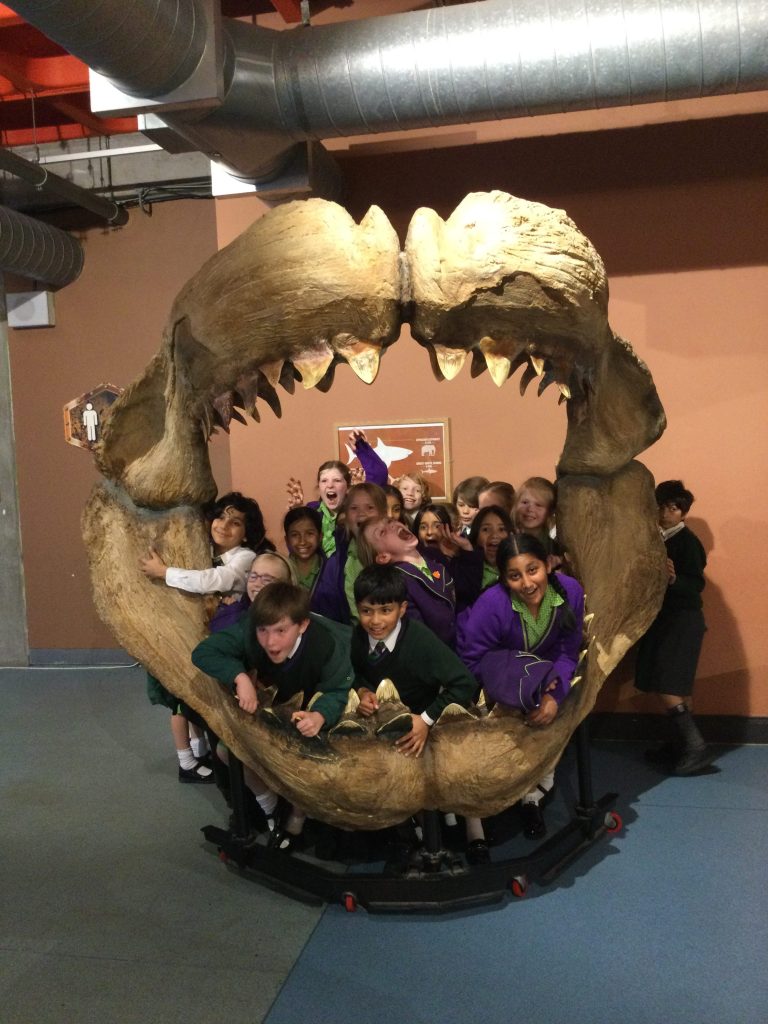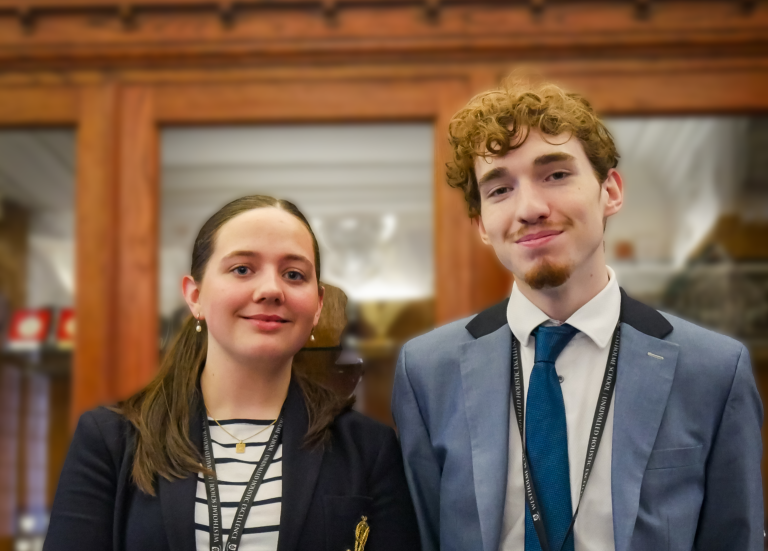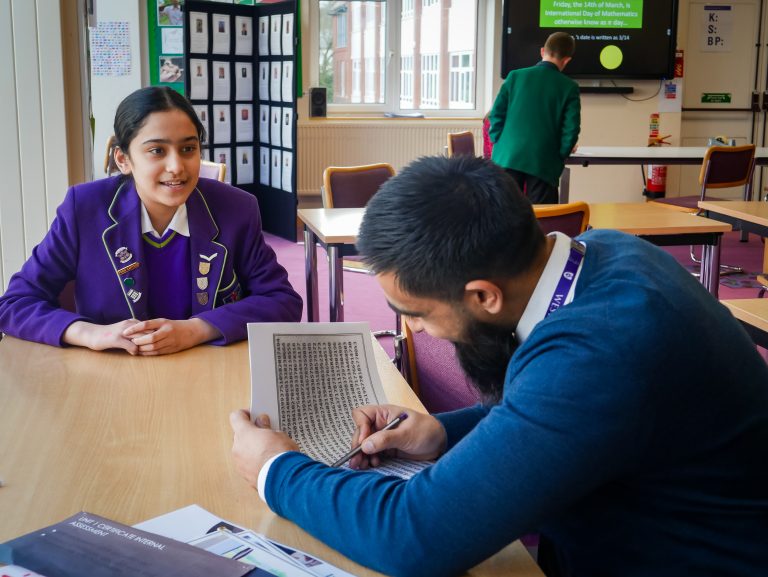Sporting Achievements This Term
This term, some of our sporting students have achieved some fantastic results which we are very proud of. Here are a few below, well done!
Leiyah (Year 7)
Congratulations to Leiyah, in Year 7, on her recent fantastic news. She has now been selected to ride for England, in the European Teams Championship 2024, which is being held in France this summer.
Leiyah has worked endlessly with her pony, Boss Baby, to make this selection and is now in the top five U12 Mounted Games riders in England, this year.
Her skill and determination has absolutely shone throughout all of her hard work.
Well done on your achievement Leiyah, and best of luck for the summer, from everyone at Westholme!

Caris (Year 8) and Will (Year 9)
Year 8 athlete Caris, and Year 9 athlete Will, represented Blackburn at the Lancashire Athletic Championships on Saturday, at the UCLAN Sports Arena. Will ran in the 1500m race and Caris competed in the 200m event.
Both performed brilliantly and were awarded silver medals! As a result of their achievements, Will and Caris have both been selected to represent Lancashire at the English School Championships next month.
We would like to wish them the very best of luck, for their future running endeavours!


Well done to Kieran, in Year 10, for being selected to continue his footballing education at Accrington Stanley Academy, for the upcoming 2024/25 season.
Kieran balances his football training alongside his education at Westholme and builds his experiences and skills levels through the coaching available to him at the academy.
He will continue to train every week with his teammates and play matches for Accrington against other academy sides at the weekends.
Good luck, Kieran, for the upcoming season!










